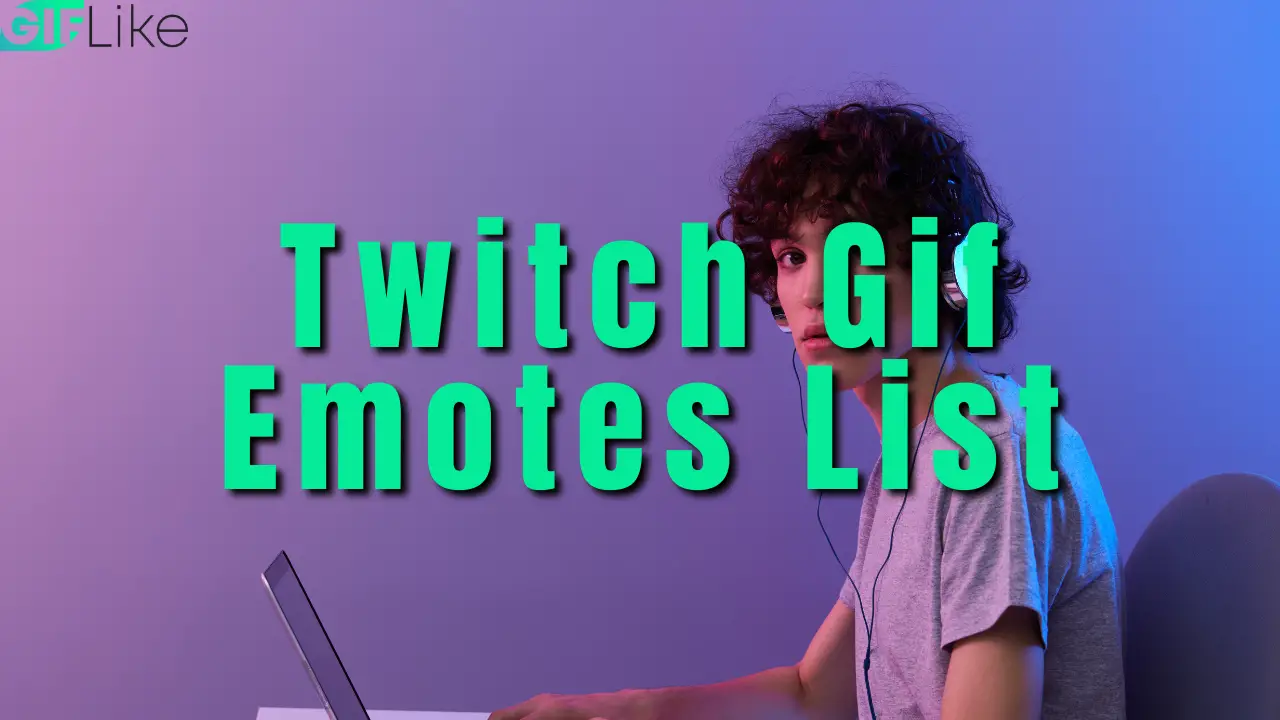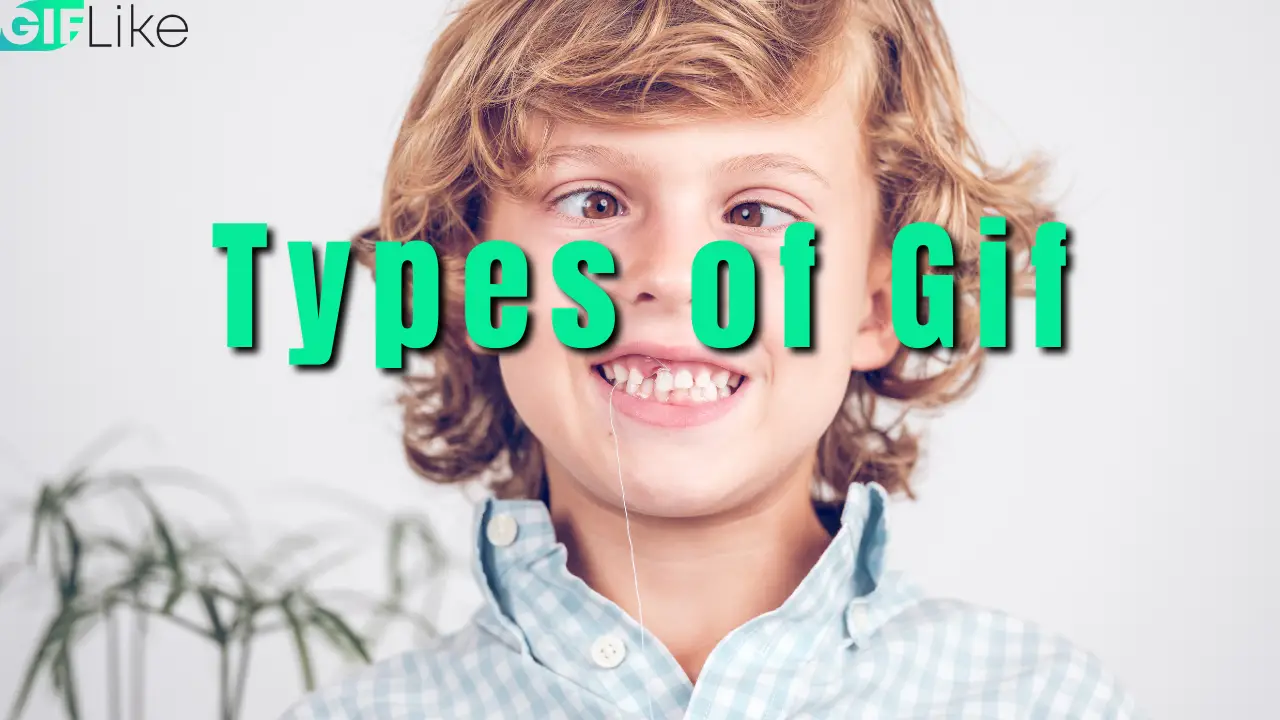I love this tool for creating amazing gifs on the fly. Check it out here
The internet is replete with memes: visual gags, catchphrases, and photoshopped images that are circulated online to be shared and enjoyed by as many people as possible.
Memes have grown in popularity in recent years and there’s no sign of them going away anytime soon. However, it’s worth asking, is it legal to make a meme of someone? This question may seem strange at first sight, but the answer becomes more significant when we consider the consequences of being caught making memes of another person.
If you upload images or videos that feature another person without their permission, do they have grounds for a lawsuit? Whether you’re famous or not, you probably don’t want people using your image for their own personal gain. On top of this, there are numerous laws regarding what you can and cannot do with other people’s images.
Thankfully, the following article covers everything you need to know about the legality of making a meme of someone.

Is It Illegal to Make a Meme of Someone?
Before we get into the legal ins and outs of making a meme of someone, it’s important to understand that there is no such thing as “illegal” in a legal context. Instead, what we’re dealing with is a breach of a person’s rights under the law.
The law is a complex thing, with many different legal principles influencing what is and isn’t allowed. This can be a little confusing for the average person who isn’t overly familiar with how the law works.
However, it’s always important to remember that laws are designed to protect us. They exist to ensure that everyone has the right to privacy and the right to be able to go about their lives without fear of being harassed.
Creating a meme of someone’s personal photos can be deemed an invasion of privacy, especially when you lack the authorization to photograph them, publish, modify or distribute those images.
In most scenarios, the meme creator and their subject will have disputing thoughts on the meme’s significance to their interests.
Copyright Law and Fair Use
One of the key areas of law that you need to be aware of when making a meme of someone is copyright law.
This law governs who owns the rights to creative work, such as the content of memes.
The person who created the original image or content is the owner of the copyright. This means that they have control over how the content is used and who is allowed to use it.
The owner of the copyright can choose to sell the rights to their image to someone else. Alternatively, they can allow other people to use their work for free. This is where fair use comes in.
If a person is using someone else’s content without their permission, they need to make sure that they’re not breaking any laws. This is where fair use comes in.
Defamation and Libel Laws
Defamation and libel laws deal with false information that is published online. This can be done through the written word, videos, or memes. Defamation is when someone says false things about you that damage your reputation.
It can be written or spoken, but it must be untrue and considered to be harmful. Libel is defamation that occurs in written form, such as on a blog post or on social media.
In the context of memes, defamation and libel laws come into play if you make a meme of someone that is untrue or that damages their reputation.
For example, you could be guilty of libel if you create a meme of someone and claim they’re a pedophile.
Conclusion
As you can see, the legality of making a meme of someone is a pretty complex issue. In most cases, it’s fine to make memes of other people as long as you don’t break any copyright laws or defame or libel them.
However, it’s important to remember that people have rights. If a person catches you making a meme of them, they may ask you to remove it or you could be issued with a cease and desist order.
After all, memes are meant to be fun and create laughter and joy, not conflict and headaches.






